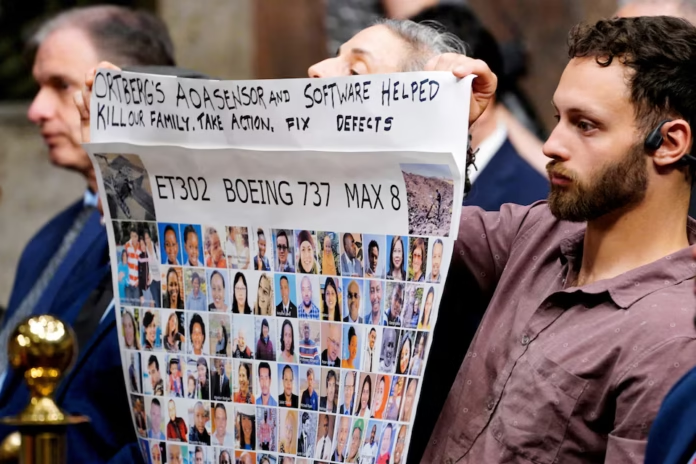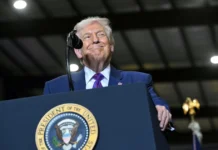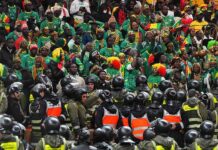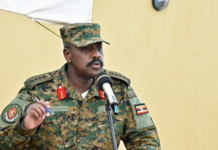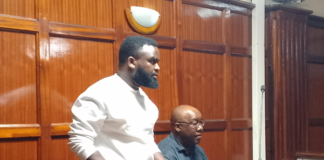A Chicago jury has ordered Boeing to pay more than $28 million to the family of a victim of the 2019 Ethiopian Airlines crash, delivering the first civil verdict against the aerospace giant for the 737 MAX disasters that claimed 346 lives. The verdict, which found Boeing liable for fraud for concealing critical information about the aircraft’s design, marks a significant legal and moral reckoning for the company six years after the tragedies.
The case centred on the death of Shikha Garg, a 23-year-old who was among the 157 people killed when Ethiopian Airlines Flight 302 plunged into a field minutes after takeoff from Addis Ababa on March 10, 2019. The crash, which came just five months after a similar Lion Air MAX crash in Indonesia, was ultimately linked to a flawed automated flight control system known as MCAS.
The jury awarded the Garg family $28.45 million in compensatory damages, a sum that will grow to $35.85 million with the addition of interest. Boeing had already paid a $2.5 billion settlement with the US government in 2021, but this is the first time a jury has weighed in on the company’s conduct.
Robert A. Clifford, lead counsel for the Garg family, stated, “This verdict is a resounding affirmation of accountability for wrongful and reprehensible conduct. The evidence showed a persistent pattern of Boeing putting profit over safety.” In a statement, Boeing said it accepted the verdict, noting, “We have always accepted responsibility for the accidents and are focused on continuing to strengthen our safety culture and processes.
Our deepest condolences remain with the families who lost loved ones.” An independent aviation safety analyst noted the broader impact, saying, “This civil case keeps the pressure on Boeing in a way that government fines alone cannot. It’s a stark reminder to the entire industry about the ultimate cost of safety failures.”
The broader implications of this verdict are substantial. It opens the door for dozens of other pending lawsuits from families of the crash victims. While Boeing has worked to rebuild its reputation and the 737 MAX has returned to service globally following extensive software modifications and mandated pilot training, the company’s stock dipped two per cent on the news.
The case also serves to reinforce the ongoing scrutiny from regulators like the Federal Aviation Administration, which has taken a harder line on certification since the crises. For the families of the victims, the verdict is a painful but necessary step in a long quest for justice.
Written by Were Kelly
Sources: CBS News, Reuters, Washington Times.









